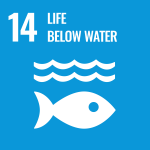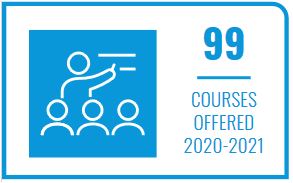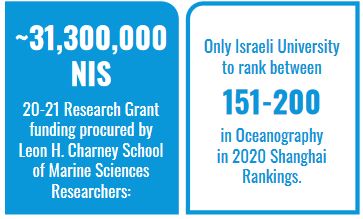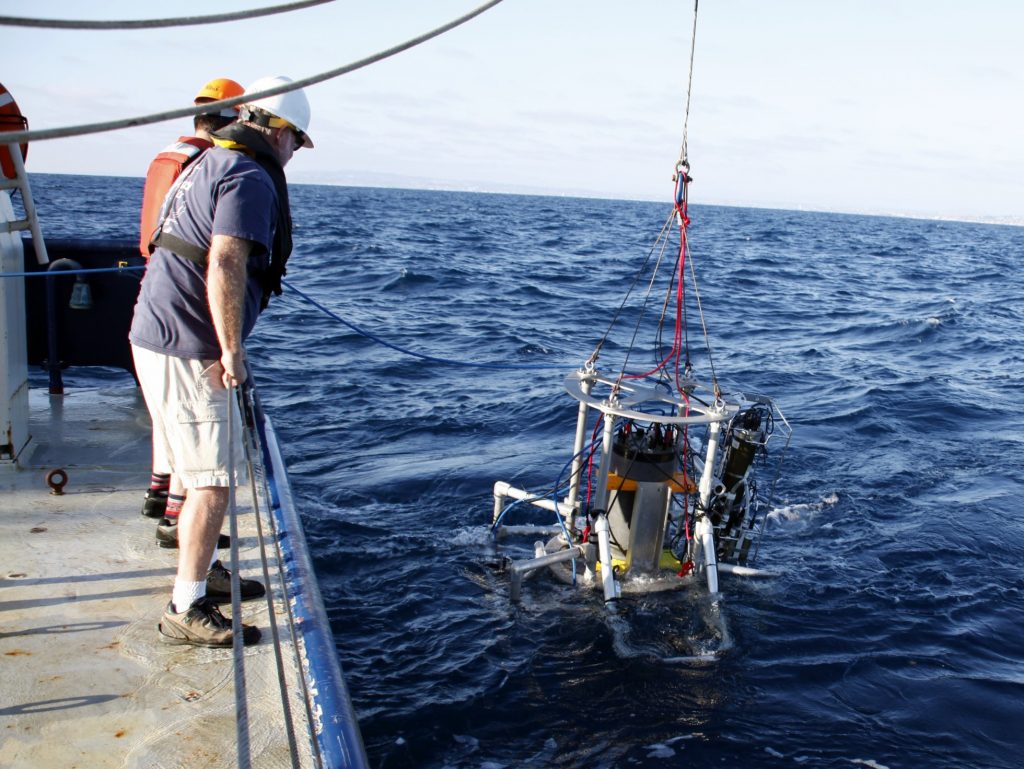 Goal 14: Life below Water
Goal 14: Life below Water
CONSERVE AND SUSTAINABLY USE THE OCEANS, SEAS AND MARINE RESOURCES FOR SUSTAINABLE DEVELOPMENT
Research
Whales Whispering
Awarded over 20 million NIS by the Audacious Project CETI Cetacean Translation Initiative, Prof. Dan Tchernov from the Leon H. Charney School of Marine Sciences seeks to understand sperm whales on a level never before achieved. Using advanced machine learning and state-of-the-art noninvasive robotics, his team listens and translates the communication of these majestic creatures…and will perhaps even talk back.
Coral Reefs: Cellular and Molecular makeup
Dr. Shani Levy and Prof. Tali Mass recently published a lead article in Cell that explores the cell types and molecular pathways that underpin the biology of reef-building corals that have the most biodiverse marine ecosystems on earth. Using single-cell RNA sequencing, the team defined over 40 cell types across the life cycle of Stylophora pistillata (a species of stony coral), including specialized immune cells.

Early Warning Modeling System
Prof. Ilana Berman-Frank heads the Leon H. Charney School of Marine Sciences. In partnership with GEOMAR Helmholtz Centre for Ocean Research Kiel she is co-leading a team of 15 researchers to examine the impacts of climate change in the Mediterranean Sea that can serve as an early warning modelling system for oceans worldwide.

Public Engagement
Donation to National Maritime Museum
The underwater acoustic and navigation laboratory (ANL) made a significant donation to the National Maritime Museum in Haifa. The permanent display includes a “bubble” that projects noise of marine animals and vessels and conveys to visitors the need to monitor noise pollution in our seas. Since 2020, the display has already attracted over 20,000 visitors.

Mediterranean Sea Research Center of Israel
Prof. Ilana Berman is the chair of the Education Committee of the Mediterranean Sea Research Center of Israel (MERCI) consortium that includes all the Universities in Israel. Leading by example, Berman spearheads national community outreach and education programs pertaining to Mediterranean Sea research and education.
Learning & Students
Endangered Sharks
UofH Marine Biology and Biological Oceanography alum, Yaara Grossmark, is one of the founders of NGO “Sharks in Israel.” Grossmark,graduate of the HIL Fund, established “Sharks in Israel” in 2018 to observe and report on endangered sharks and fish in the Mediterranean Sea. To preserve this endangered species, she posits that we must help humans better appreciate them. “It all starts with the bad name they have as an animal, a stigma that is difficult to change and is reinforced by the media.”
Making Marine Biology Accessible
All advanced degree students are invited to participate in the course Water, Society, Education, and Leadership organized by Dr. Daniel Sher and Dr. Tsvia Gildor from the Department of Marine Biology. The course trains students for leadership positions in the field of oceans and society, with emphasis on the importance of making Marine Sciences an accessible tool for preserving and developing sustainable practices in marginalized communities.
Mediterranean Sea Research: Science, Education, and Art
Broadcasted simultaneously in English, Hebrew, and Arabic, the 8th Haifa Conference on Mediterranean Sea Research is sponsored by the Leon H. Charney School of Marine Sciences. Focusing on the conflation of science, education and art, the conference aims to foster dialogue and, ultimately, joint action between the disciplines.
Operations
Monumental Donation to establish International Faculty of Global Climate Change
A monumental gift of 50 million NIS from the Kadas Family Charitable Fund will go towards establishing the International Faculty Initiative of Global Climate Change at UofH. The initiative aims to create a virtual community of scholars across the globe who focus on marine and coastal ecology research in the Mediterranean Basin. “The eastern Mediterranean Sea hosts more than 17,000 marine species and contributes an estimated 7 percent to the world’s marine biodiversity. Today, this rich ecosystem has come under threat from climate change, pollution, overfishing, and coastal infrastructure projects,” said Dan Tchernov, scientific director of the UofH Mediterranean Sea Research Center of Israel.

Research, Leon H. Charney School of
Marine Sciences

